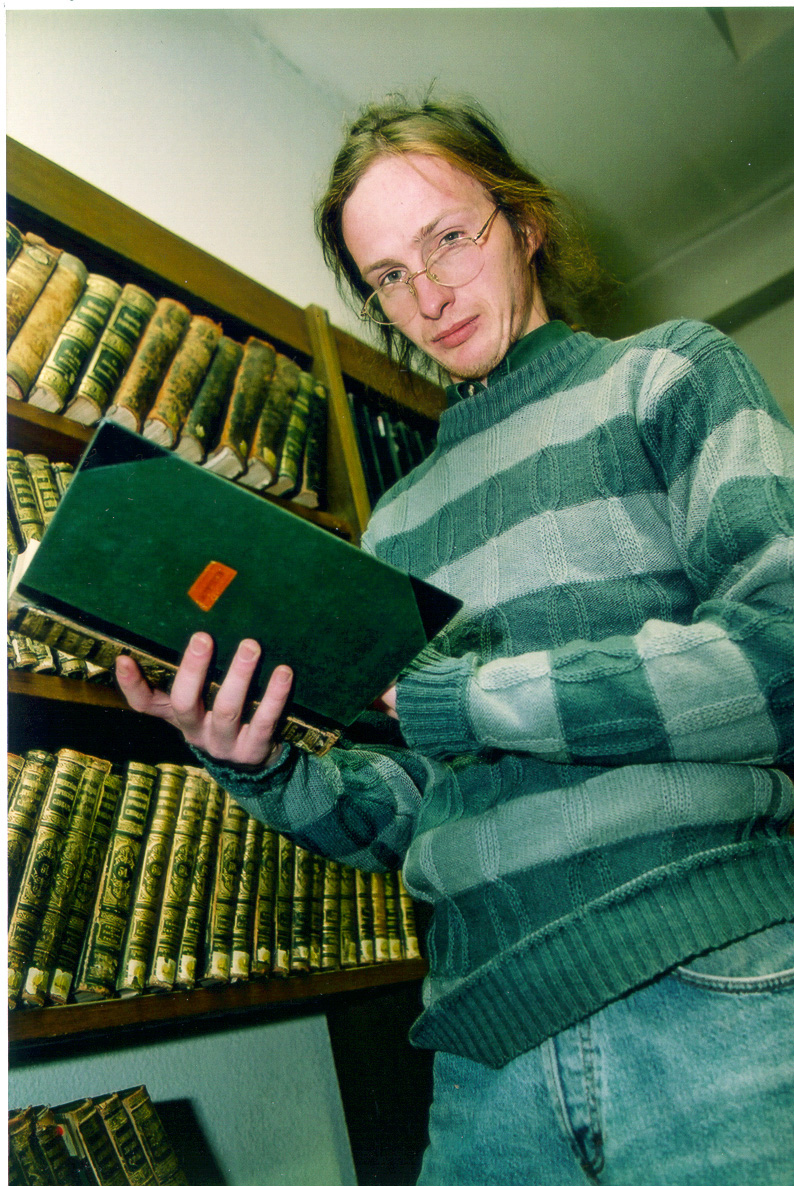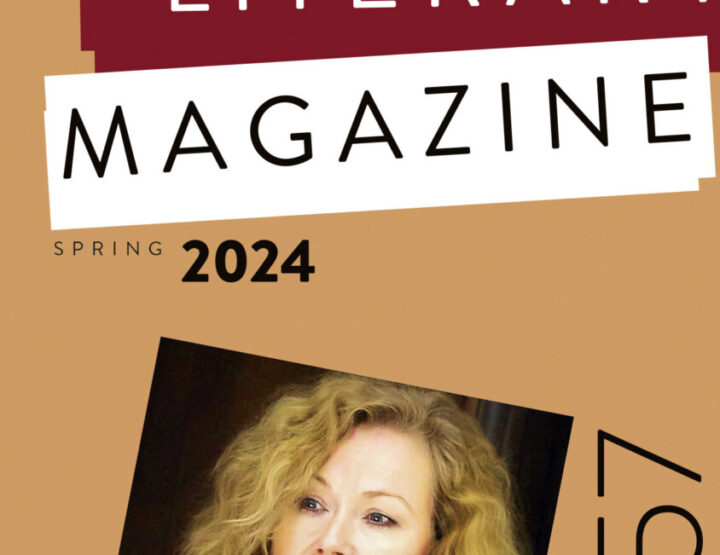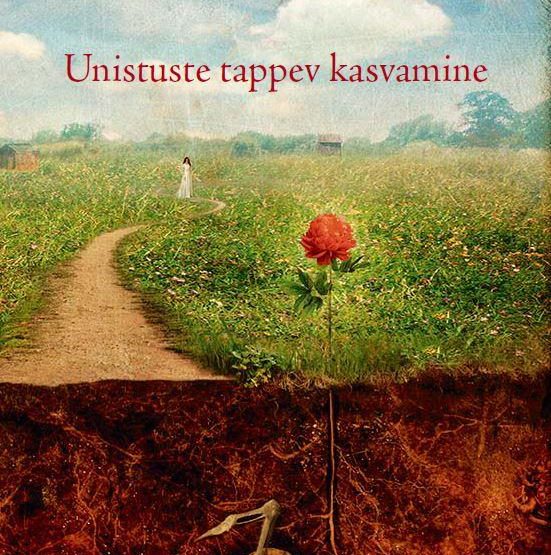The 2001 Republic of Estonia Award for Lifetime Achievement was given to Ain Kaalep, and national awards went to Haljand Udam and Mati Unt.
Ene Mihkelson received the annual award of the Cultural Endowment of Estonia for her Ahasveeruse uni (The Sleep of Ahasuerus), which has been called the first major novel of the 21st century. The inner dialogue is tense and searching, relentlessly analysing with utmost thoroughness such notions as betrayal, loyalty, high ideals and remaining true to oneself in the post-Second World War era and in newly independent Estonia. The novel is panoramic, casting light on the nooks and crannies deeply hidden in the memory and consciousness of the Estonian people.
Some of the most prestigious literary awards are issued by the Estonian Cultural Endowment’s literature foundation by genres. In 2001 they were distributed as follows:
Prose: Mehis Heinsaar’s Härra Pauli kroonikad (Mr Paul’s Chronicles). Heinsaar is a young and gifted writer, whose powerful imagination dwells in happy harmony with his faultless sense of style and composition.
Poetry: Hasso Krull for his collection of poetry, Kornukoopia (Cornucopia). Always original Krull has advanced from his previous poetry experience to a new and fresh synthesis, perhaps even more original than before.
Essay: The award went to Jaan Puhvel for the collection Ulgvel ja umbes (Abroad and at Bay), which displays the author’s extensive knowledge of the sources of culture and his deep sense of the mythological.
Drama: Jaan Kruusvall for his play Hullumeelne professor (The Mad Professor) from the collection I am a shepherd lost in the night. The play tackles society’s topical problems and finds a place for them in the philosophical realm of thought.
Children’s literature: Aino Pervik for the series Paula elu (Paula’s Life). Her skill and joyful play with words are as great as ever, offering pleasant reading both for children and adults.
Translation from a foreign language into Estonian: Udo Uibo for Anthony Burgess’s novel A Clockwork Orange. The novel is one of the classics of world literature from the 1960s and has not been translated into as many languages as it deserves. The main reason may be the extreme difficulty of translating it. Udo Uibo has managed quite magnificently.
The translation award from Estonian into a foreign language was given to Guntars Godinš for translating Jaan Kaplinski’s collection of poetry Of Dust and Colours into Latvian. Godinš himself is a prominent Latvian poet who also demonstrates his talent in translation work.
For the first time this year, the Cultural Endowment’s literature foundation awarded a prize for best article. The winner was Toomas Haug for his article In the triangle of a Tallinn street. Chapter of un-canonised history of literature, published in the magazine Looming, No. 12, 2001. The article is a brilliant symbiosis of scholarly literary history, stylish essay and short story, and is a pleasure to read.
Another first award was that for a Russian-language work of literature – to Larissa Vaneyeva’s Faces.
The 2001 Betti Alver Award, for a debut work, was given to the young prose writer Mehis Heinsaar for his collection of short stories Vanameeste näppaja (Snatcher of Old Men).
The year 2001 was truly a year of Mehis Heinsaar, because he received a third award as well: the prestigious Tuglas Award for his short story Ilus Armin (The Handsome Armin, Looming no 10, 2001). Each year, two Tuglas Awards are given out. The other winner was Mats Traat for his story Kohtupeegel (Court Mirror, Looming no 7, 2001).
© ELM no 15, autumn 2002
Literary awards 2001
By Piret Viires

Mehis Heinsaar –
Share:




